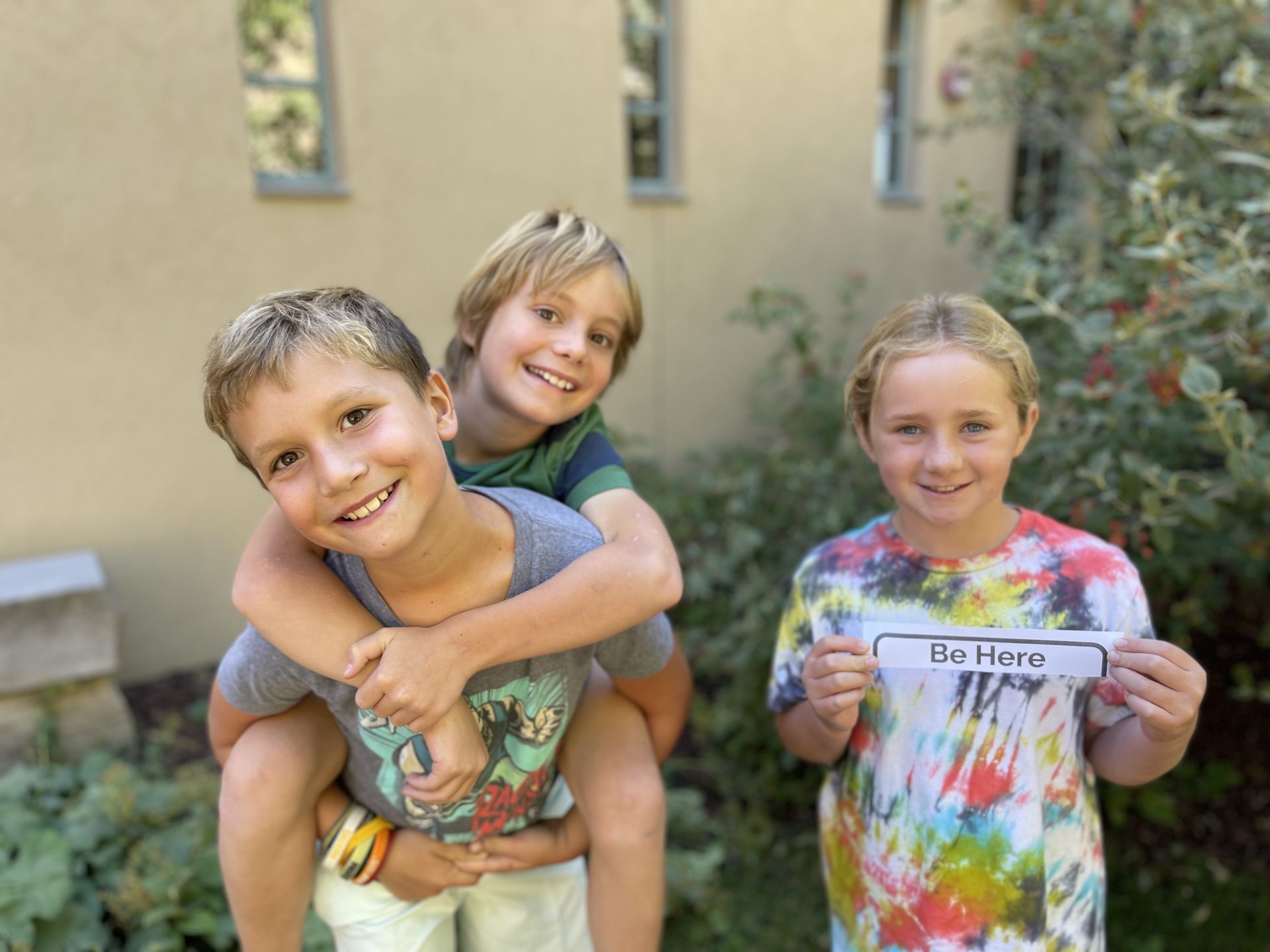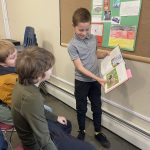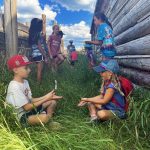RULER
Emerald Connection, October 17th, 2022
Problems, mistakes, and challenges are an inevitable part of life, both in the larger world and at school. When some of us grew up, the predominant approach in our homes and schools was behaviorist: using rewards and punishments to condition us towards desirable solutions. In schools and homes there is a place for behaviorist approaches, though we also seek alternative approaches that may be more effective, are likely to make lasting changes, and that tap into our higher order capabilities. Two such examples are RULER and restorative practices.
RULER is a systemic approach to human social and emotional development developed by the Yale Center for Emotional Intelligence. We are presently in year two of a three year rollout of RULER. For the remainder of the year, our staff will be dedicating faculty meeting time to getting trained, developing common language and understands, and preparing to share this with our students next year. If we are to do our best by our children and students, we need to be at our best ourselves. Our teachers master academic areas and methods of teaching different groups of students. At the same time, our teachers need to be effective at reading and managing the emotional state of a classroom and the engagement of our students as individuals and collectively. This is where RULER comes in; it is about strengthening our individual and collective emotional intelligence. Just as humans can learn to do better in math, we can learn to be better in our human interactions and managing ourselves. Our core team is made up of Jen Freund, Josh Walters, Andrea Noble, and Samantha Coyne Donnel. They began the training last year and will lead our process this year. We will share more about RULER as the year progresses.
While RULER is still under development at the Emerald Campus, we have many tools to support positive learning and behavior that extend beyond doling out rewards and consequences. Among our tools are restorative practices, a set of tools focused on repairing harm to a community. For restorative practices to work, several conditions have to be in place: all involved have to be willing to take a solutions-focused approach, there must be a skilled facilitator able to guide impacted individuals and groups through a process, and we must be willing to invest the time necessary to work towards solutions collectively. Our first restorative circle of the year took place last week with a group of middle school students and their teachers. It was facilitated by Andrea Noble, our Grade 6 advisory teacher. While I cannot share the details of the circle, I can share that all who participated asked that we continue the practice throughout the year. As we have Morning and Afternoon Meetings with all Emerald students daily and a schedule that is flexible enough to respond to learning opportunities and needs, we will continue to tap into a variety of restorative and other human-empowering practices in the pursuit of what is best for your children.
~Greg Friedman




